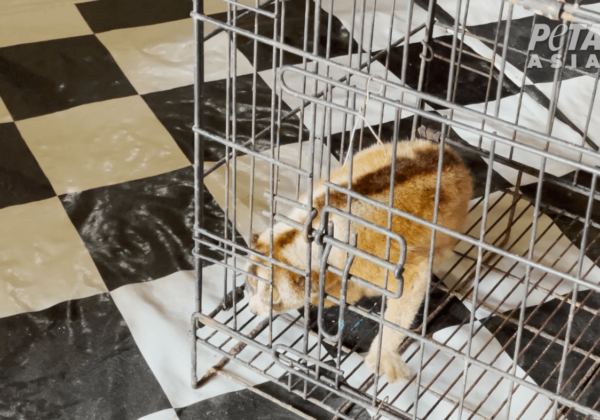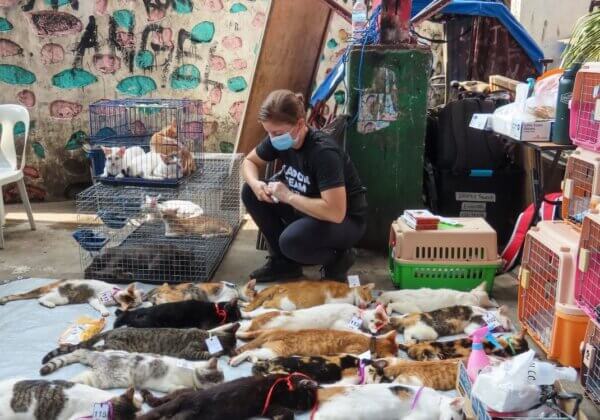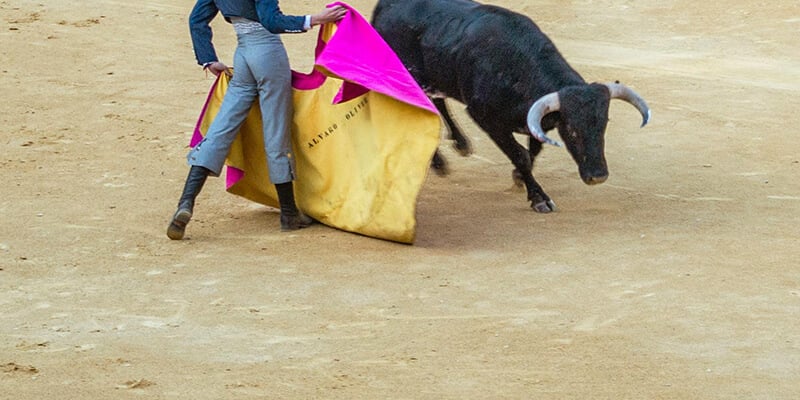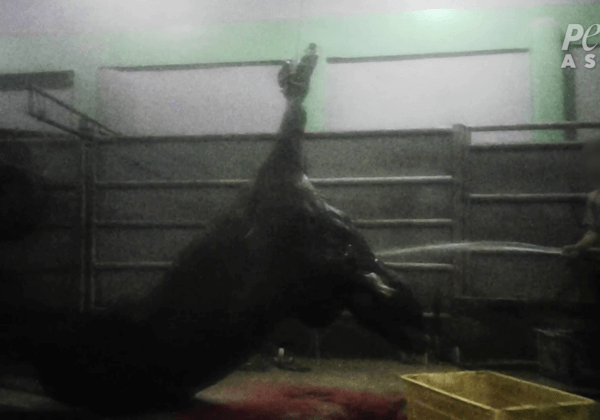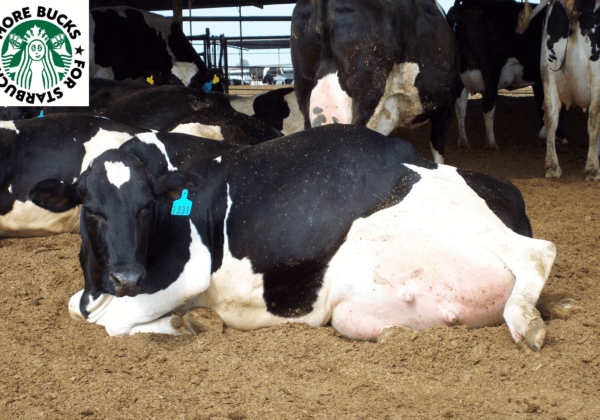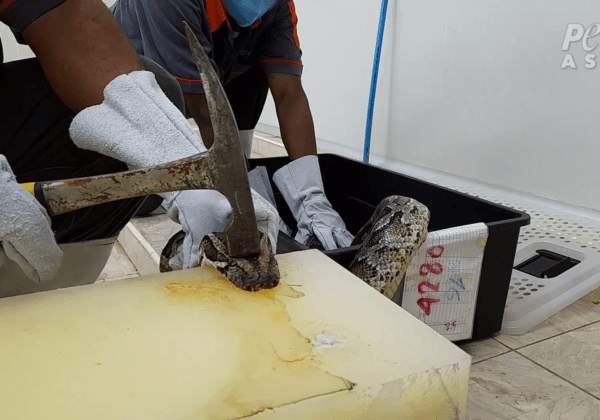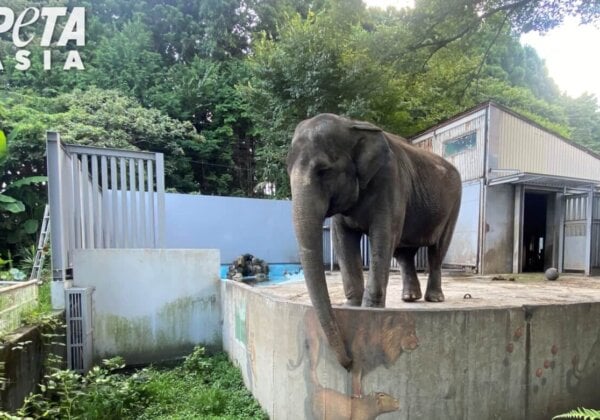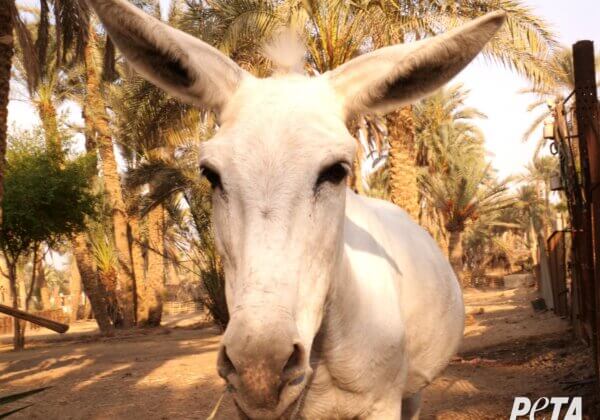Animal Rights: An Intersectional Issue
 Sometimes the animal rights movement is unfairly branded as being irrelevant to other pursuits of justice or, worse, in opposition to other social-justice causes. I’ve always viewed animal rights as an extension of justice and as a cause which is inherently enmeshed with other positive enterprises. Not only does the exploitation of animals resemble other oppressive practices, but many animal rights concerns have an impact on humans and the environment, too.
Sometimes the animal rights movement is unfairly branded as being irrelevant to other pursuits of justice or, worse, in opposition to other social-justice causes. I’ve always viewed animal rights as an extension of justice and as a cause which is inherently enmeshed with other positive enterprises. Not only does the exploitation of animals resemble other oppressive practices, but many animal rights concerns have an impact on humans and the environment, too.
In 1989, Kimberlé Williams Crenshaw theorized about something that she called “intersectionality.” I think this framework is a useful way to understand how the exploitation of animals relates to other injustices. Intersectionality means many things. Chief among them is the way that different forms of oppression, such as racism, homophobia and sexism, can create subjective experiences for the people who encounter such oppression. Additionally, intersectionality can be understood as a theory that indicates how forms of oppression are not unrelated. Social systems create an interlocking matrix that is responsible for injustice.
When we apply this concept to animal rights issues, it’s easy to see how injustice to animals is connected to other forms of oppression. For example, the cruelty inherent in the dairy industry parallels issues in the women’s rights movement. The dairy industry controls cow’s bodies in much the same way that patriarchal power structures attempt to regulate women’s bodies. Cows are artificially inseminated so that they will become pregnant and produce milk. Not only are they subjected to exploitation in factory farms because of their species, they are also controlled in unique ways because they are female.
The other sense of intersectionality also clarifies how animal rights relate to other social-justice issues, for it is the same unfair system that is responsible for all forms of oppression. For example, global meat production is based on the exploitation of animals, people, and the environment. Factory farms were created because profit was prioritized above the welfare of animals. This same greed is responsible for other types of cruelty. Factory farming has spread across the globe, swallowing up small farms and concentrating wealth in the hands of the owners of a few large companies, which is especially destructive in countries where much of the population experiences extreme poverty. Not only are animals treated horrendously, factory-farm workers are also often exploited in the process.
Ultimately, though, while intersectionality gives us a useful framework to connect the realities of injustice, you don’t need an academic theory to understand that cruelty begets cruelty. Put most simply, harmful attitudes, such as racism and speciesism, result from irrational hatred, xenophobia and exploitation in the name of profit. A lack of empathy allows these attitudes to persist. As a society, we are cruel to animals because we refuse to recognize their needs, instead seeing them merely in terms of our own desires. This lack of concern for what happens to others characterizes all forms of oppression, and it is the reason why any type of injustice is a threat to the kind and equitable society that we have been fighting to create for so long. A truly just world would be one in which exploitation is eradicated and empathy is encouraged. This world can only exist once we have extended the circle of our empathy to include animals.
Post written by former PETA Asia intern Alyssa Scott

